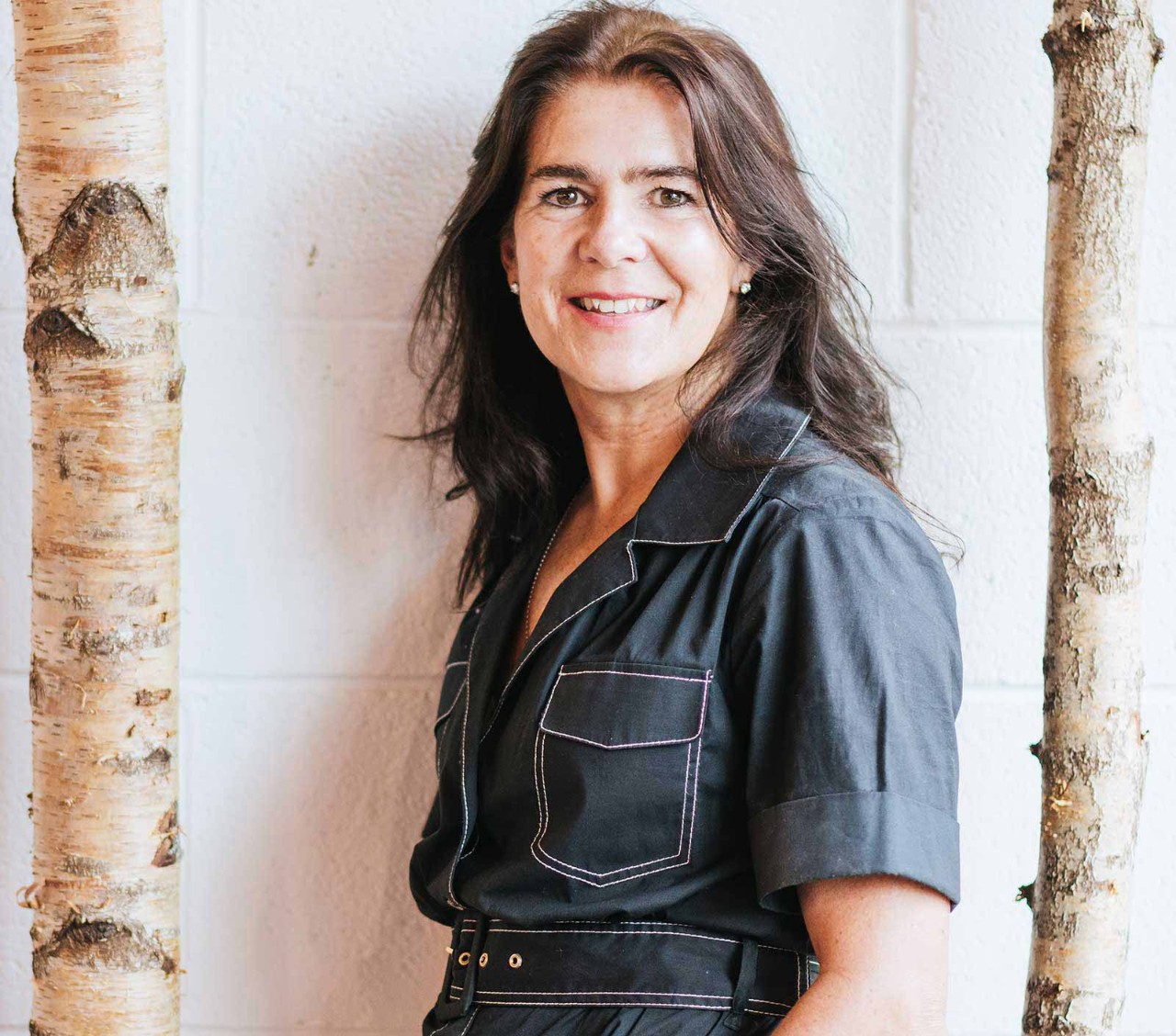
For the first time, five generations are active in the workforce. The most recent to join is Generation Z: those aged 26 and under in 2023. These are the ‘digital natives’ – the first generation to have grown up with internet access and portable digital technology from childhood.
Their outlook, expectations and working practices can differ from others in the workplace, but perhaps not as much as we think.
‘With the younger generations also becoming our clients, we need to ensure we understand their mindset’
New ways of working
Accountancy firms need to understand how all generations work – not just from the perspective of a firm’s staff, but also its clients, says Emily Baldwin FCCA, outsourcing senior manager at Kreston Reeves.
‘With the younger generations also becoming our clients, we need to ensure we understand their mindset, approach to work and expectations, and deliver what they want from us in the future,’ she says.
For some time, employers have been facing a talent crunch as they struggle to retain staff. As a result, employers ‘are adapting and experimenting with new ways of working across the workforce’, explains Jamie Lyon, ACCA’s head of skills, sectors and technology, who expands on these and other findings in ACCA’s Global talent trends 2023 survey.
Husband-and-wife team Nigel Adams FCCA and Nikki Adams of accountancy firm Ad Valorem Group have acquired and integrated other firms and taken on multi-generational staff. ‘It gives us a depth of experience and skills,’ Nikki says. ‘I think our younger generation realise we need that as a business. We have a buddy system to pair people who can learn from each other, whether that’s a younger person helping a colleague struggling with tech, or an older person helping someone younger with audit.’
Gen Z workers seem more focused on career progression than previous generations
The Adamses credit both Gen Z and Gen Y (born between the early 1980s and the late 1990s) with being instrumental in digitising the practice.
‘We wouldn’t be so far ahead if we hadn’t listened to them,’ Nikki says. They have also faced the challenge of handling the occasional young worker impatient to progress faster, or make their next career move, without first gaining the necessary skills or experience.
Focus on the individual
Nigel observes that the Gen Z workers he’s interviewed seem more focused on career progression than previous generations (something also reflected in the talent trends survey). ‘During interviews, they’re very keen to have a picture painted of what their future looks like in the business,’ he says.
‘Many practices are not dynamic places – in some, you might become a partner in 30 years if you’re lucky – but I think the profession needs to look inward and ask what we’re doing to retain the younger generation. We need to embrace broader skillsets, and clearly demonstrate career paths that aren’t just solely about passing exams.’
‘Open-plan offices enable younger workers to learn how older members deal with situations’
Gen Z’s concern about mental health is also something Nikki observed, and moving to hybrid working brought its own challenges. Nigel says that while much can be done over email or Zoom/Teams, sometimes you have to physically meet a client – meaning ‘softer skills’, such as dealing with people and reading body language, are ‘absolutely fundamental’. These can only be gained in a work environment, he says.
‘Soft skills need to be learned through osmosis; working together in open-plan offices enables younger workers to learn how older members deal with situations they don’t yet have the life experience for,’ he says.
‘It’s dangerous if you become so isolated that you can’t relate to your own colleagues or the culture of the business you work for, or the clients you’re talking to.’
Mutual understanding
Ultimately, however, what younger generations want from their careers is the same as what older generations wanted when they were at the same stage of theirs – so it is important for senior colleagues to remember what it was like to be new to the job.
‘Likewise, younger generations need to be understanding of what older generations have experienced and learn from them, and understand that change can be hard for someone approaching the end of a long and successful career,’ Baldwin says.
‘All ages want to see change and know that what they’re doing is making a difference’
‘Research shows different generations still want similar things such as job satisfaction, work-life balance, and a positive impact in one’s community and environment,’ she adds. Indeed, a McKinsey analysis of workforce talent trends indicates that many generation-based stereotypes are ‘more myth than fact’.
We all want to enjoy what we do, Baldwin continues, and younger generations are not the only ones who care about environmental, social and governance issues, for example. ‘All ages want to see change and know that what they’re doing is making a difference.’
Furthermore, she says, Covid made many realise what was important to them. Many who burned themselves out working long hours ‘realised what they have outside of work is just as – if not more – important’.
Ultimately, it’s important not to make assumptions based on generation, as Baldwin says: ‘Everyone is an individual and has different experiences and drivers; breaking down actual or perceived barriers is key.’





